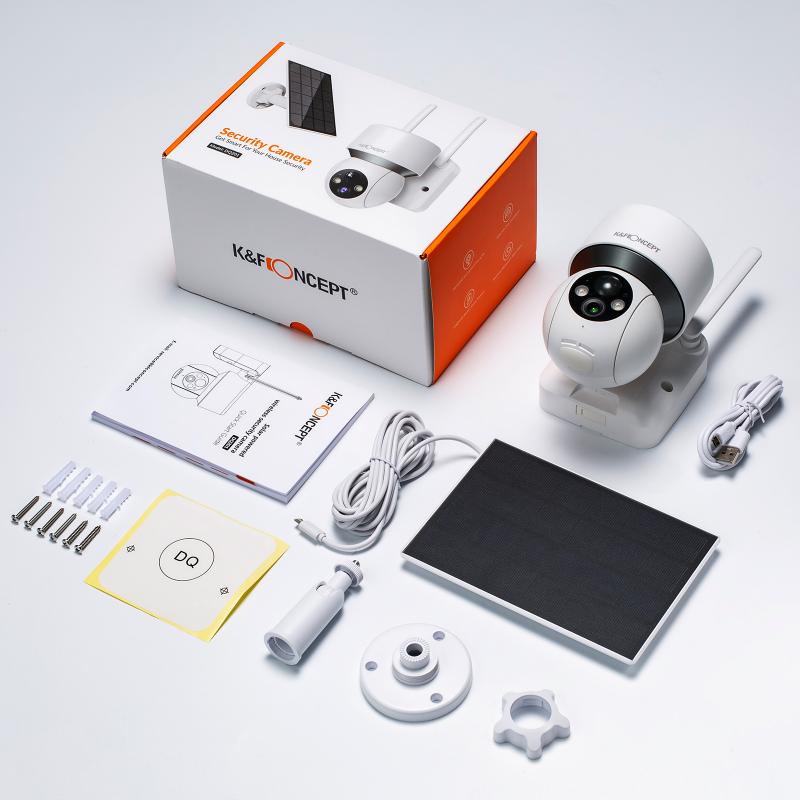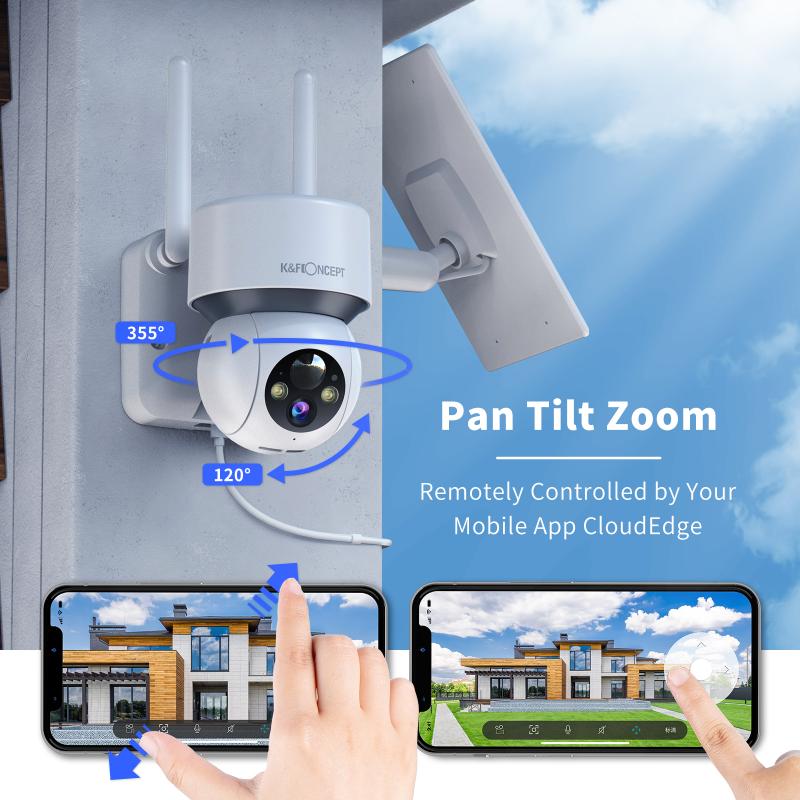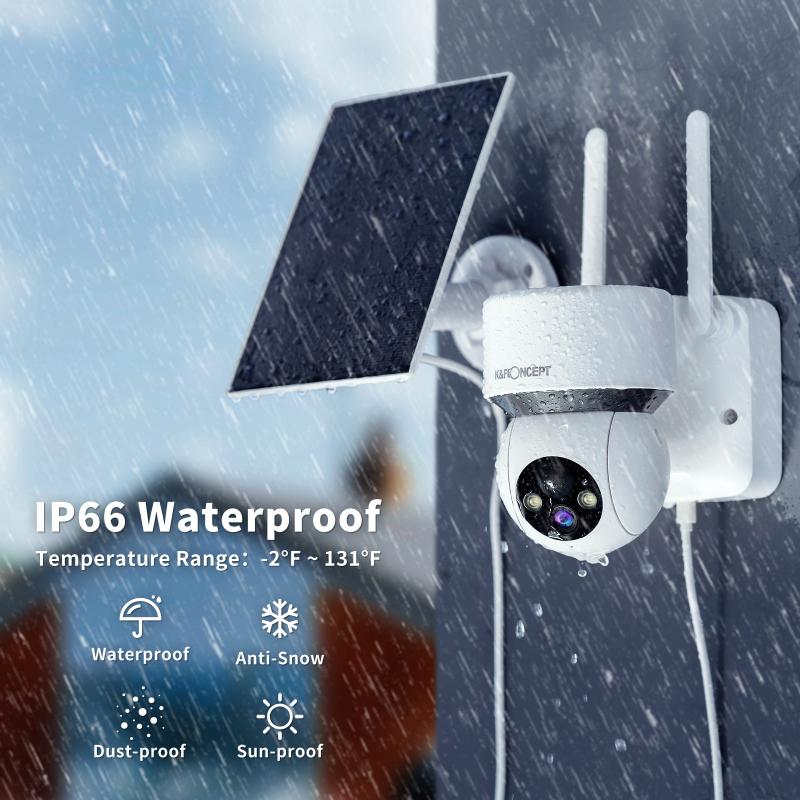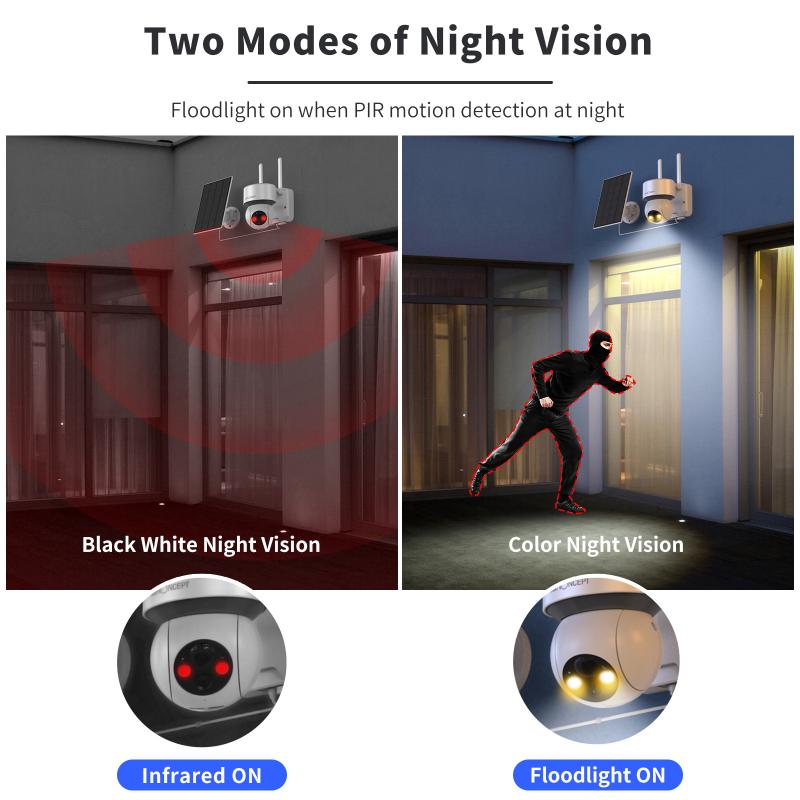Can Solar Panels Work At Night?
Solar Panels and Nighttime Functionality: Understanding the Dynamics
As the world increasingly turns to renewable energy sources to combat climate change and reduce dependency on fossil fuels, solar panels have emerged as a popular and effective solution. However, a common question that arises among potential users and enthusiasts is: Can solar panels work at night? This article aims to delve into this query, exploring the functionality of solar panels, their limitations, and the innovative solutions that enable continuous power supply even when the sun isn't shining.
Understanding Solar Panel Functionality

To comprehend whether solar panels can work at night, it's essential to first understand how they function. Solar panels, also known as photovoltaic (PV) panels, convert sunlight into electricity through the photovoltaic effect. When sunlight hits the solar cells within the panels, it excites electrons, creating an electric current. This direct current (DC) is then converted into alternating current (AC) by an inverter, making it usable for homes and businesses.
The Limitation: Absence of Sunlight

The primary limitation of solar panels is their reliance on sunlight. By their very nature, solar panels cannot generate electricity in the absence of sunlight. This means that during nighttime, when there is no sunlight, solar panels do not produce power. However, this does not imply that solar energy systems are ineffective or unreliable. Instead, it highlights the need for complementary technologies and strategies to ensure a continuous power supply.
Solutions for Nighttime Power Supply

Several solutions have been developed to address the challenge of solar energy generation during nighttime. These solutions ensure that users can still benefit from solar energy even when the sun isn't shining.
1. Solar Battery Storage

One of the most effective solutions is the use of solar battery storage systems. These systems store excess energy generated by solar panels during the day for use at night or during periods of low sunlight. By integrating batteries with solar panels, users can achieve a more consistent and reliable power supply.
How It Works:
- During the day, solar panels often generate more electricity than is immediately needed.
- The excess energy is stored in batteries.
- At night or during cloudy days, the stored energy is drawn from the batteries to power homes or businesses.
Benefits:
- Ensures a continuous power supply.
- Reduces dependency on the grid.
- Can provide backup power during outages.
2. Net Metering
Net metering is another popular solution that allows solar panel users to maintain a steady power supply. This system involves a two-way connection with the electrical grid, enabling users to sell excess electricity generated during the day back to the grid and draw power from the grid when needed, such as at night.
How It Works:
- During the day, excess electricity generated by solar panels is fed into the grid.
- Users receive credits for the electricity they contribute.
- At night, users can draw electricity from the grid, offsetting the cost with the credits earned.
Benefits:
- Provides financial incentives for solar panel users.
- Ensures access to electricity at all times.
- Reduces overall electricity bills.
3. Hybrid Systems
Hybrid solar systems combine solar panels with other forms of renewable energy, such as wind turbines or backup generators. These systems can provide a more consistent power supply by leveraging multiple energy sources.
How It Works:
- Solar panels generate electricity during the day.
- Wind turbines or generators provide power when solar panels are not producing electricity.
- An integrated system manages the distribution and storage of energy.
Benefits:
- Enhances reliability and consistency of power supply.
- Reduces dependency on a single energy source.
- Can be tailored to specific energy needs and environmental conditions.
Emerging Technologies and Innovations
The renewable energy sector is continuously evolving, with new technologies and innovations being developed to enhance the efficiency and reliability of solar energy systems. Some of these emerging solutions include:
1. Advanced Battery Technologies
Research and development in battery technology are leading to more efficient, longer-lasting, and cost-effective energy storage solutions. Innovations such as solid-state batteries and flow batteries promise to significantly improve the performance of solar battery storage systems.
2. Solar Panel Efficiency Improvements
Advancements in solar panel technology are increasing the efficiency of energy conversion. High-efficiency panels can generate more electricity from the same amount of sunlight, reducing the need for extensive storage solutions.
3. Smart Grid Integration
The integration of solar energy systems with smart grids allows for more efficient management of energy distribution. Smart grids can dynamically balance supply and demand, optimize energy storage, and reduce wastage.
Practical Considerations for Solar Panel Users
For individuals and businesses considering solar panel installations, it's important to evaluate the following factors to ensure a reliable and efficient energy system:
1. Energy Needs Assessment
Conduct a thorough assessment of your energy needs, including peak usage times and total consumption. This will help determine the appropriate size and capacity of the solar panel system and any necessary storage solutions.
2. Local Climate and Sunlight Availability
Consider the local climate and the availability of sunlight throughout the year. Regions with less consistent sunlight may require larger storage systems or hybrid solutions to ensure a continuous power supply.
3. Financial Incentives and Rebates
Explore available financial incentives, rebates, and net metering programs offered by local governments and utility companies. These incentives can significantly reduce the cost of solar panel installations and improve the return on investment.
4. Professional Installation and Maintenance
Ensure that your solar panel system is installed and maintained by qualified professionals. Proper installation and regular maintenance are crucial for the optimal performance and longevity of the system.
While solar panels cannot generate electricity at night due to the absence of sunlight, various solutions and technologies enable users to maintain a continuous power supply. Solar battery storage, net metering, and hybrid systems are effective strategies to address the nighttime limitation of solar panels. Additionally, ongoing advancements in battery technology, solar panel efficiency, and smart grid integration promise to further enhance the reliability and efficiency of solar energy systems.
By understanding these dynamics and making informed decisions, individuals and businesses can effectively harness the power of solar energy, contributing to a sustainable and renewable energy future. Whether through battery storage, grid integration, or hybrid solutions, the potential of solar energy extends beyond daylight hours, offering a viable and eco-friendly alternative to traditional energy sources.
